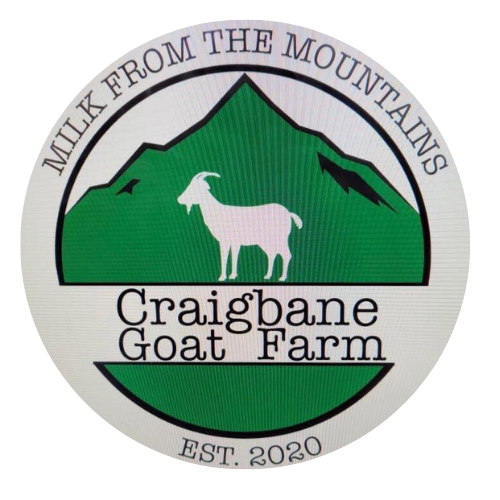THE BOTTOM LINE
Goat milk is an excellent, healthy alternative to regular cow milk. It may take you a little while to get used to the difference in taste but we think it is delicious. If you can not get used to its taste, you could try a fermented product like kefir or yogurt made with goat milk. It contains all of the nutrients contained in cow’s milk and more. It is also more readily absorbed by your body meaning that you will enjoy its nutritional benefits even more. People with digestive problems or people who are lactose intolerant can certainly benefit from making the switch.
GOAT MILK IS EASY TO DIGEST
Goat milk contains a similar amount of fat to cow’s milk but the fat molecules are much smaller making it much easier for you to digest it well. Goat milk is also made up of just 2% curd compared to the 10% curd content in cow’s milk and the protein forms a softer type of curd which makes it far more digestible for your body. People with mild forms of lactose intolerance may also benefit from goat milk. It contains less lactose than cow’s milk so people who have difficulties digesting regular milk may view goat’s milk as a viable alternative.
LOW IN CHOLESTEROL BUT HIGH IN CALCIUM
When you think about milk, your mind immediately thinks about calcium and you may be concerned that drinking less milk will have a negative impact. However, you may be surprised that goat’s milk which provides you with 33% of your recommended daily value actually contains even more calcium than cow’s milk which offers 28%.
When it comes to heart health, goat’s milk can have a very positive impact. Studies have demonstrated that not only does goat milk help reduce bad cholesterol levels but it can actually increase the good variety of cholesterol in your blood.
GOAT’S MILK IS HIGH IN MEDIUM-CHAIN FATTY ACIDS
Goat milk is also a great source of those healthy medium-chain fatty acids that I am sure you have read about. While regular cow’s milk contains some 15 to 20% of these acids, goat’s milk boasts an impressive figure of 35%. This is significant because medium-chain fatty acids are linked to the prevention of heart disease and the treatment of many intestinal conditions as well as various other complaints. And that is not all they are good for; these fatty acids are more effectively used by the body as energy rather than being stored away in the shape of body fat.
IT IS GOOD FOR THE SKIN
The medium-chain fatty acids as well as the triglycerides that you get from goat milk not only maintain your internal health but they can also help you to look good. These compounds contained in goat milk have moisturising actions which your skin will appreciate. You may well notice that your skin starts to feel softer and smoother and appear much healthier. Goat’s milk is also an excellent source of vitamin A which is important in maintaining the overall health of your skin, improving your complexion and fighting skin conditions like acne. According to many skin care professionals, the lactic acid in goat’s milk also helps get rid of dead or old skin cells while brightening the tone of your skin.
BETTER NUTRIENT ABSORPTION
Even though the mineral content of goat milk is not that different to that of cow’ milk, there is evidence that the nutrients are more bioavailable when delivered through goat milk. Some studies have demonstrated that if you drink goat milk its important minerals like calcium, iron, phosphorus, and magnesium are digested more readily. According to research published in 2007, this means that goat milk may offer a potential treatment for various forms of nutritional deficiency including bone demineralisation and anaemia. Scientists suggest that people suffering from conditions like anaemia, malabsorption and osteoporosis can greatly benefit from drinking goat milk. Those with neurodegenerative disorders can also benefit from its high levels of selenium and zinc.
GOAT MILK CAUSES LESS INFLAMMATION AND HAS FEWER ALLERGENS
The majority of people who are unable to drink regular cow’s milk are actually unable to digest a single protein called A1 casein. However, cow’s milk also has over 20 other allergens that can cause a reaction and is one of the reasons that cow’s milk is among the most common causes of allergic reaction in children. These reactions that can continue into adulthood include runny nose, hives, stomach cramps and colic.
A1 casein is known to be a highly inflammatory protein which is linked to a number of intestinal conditions such as Crohn’s disease, leaky gut syndrome, and irritable bowel syndrome. Research has also linked the protein to autoimmune disorders, and skin complaints like acne and eczema. (3) Unlike cow’s milk, goat milk contains no A1 casein. Instead, it has another protein called A2 casein which is not linked to any of the negative reactions or inflammatory effects associated with cow milk. For this reason, goat milk is considered to be the closest approximation to breast milk when it comes to protein content. One study found that it was less likely to cause an allergic reaction if it was drunk by infants as the first form of milk after breastfeeding had stopped. (4)



